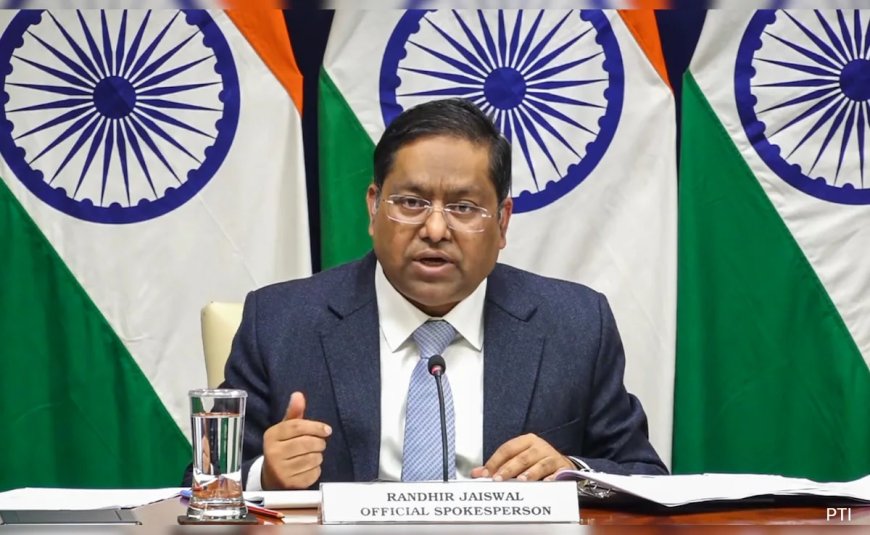"Islamabad's Old Practice": India Slams Pakistan's Airstrikes On Afghanistan
Pakistani military aircraft bombarded Afghanistan's eastern Paktika province on December 26th, killing at least 46 people, most of which were children and women.

Islamabad's Old Practice: India Slams Pakistan's Airstrikes On Afghanistan
In recent developments, the geopolitical landscape of South Asia has once again been stirred with tension as India strongly condemned Pakistan's airstrikes on Afghanistan. This incident has reignited discussions about Islamabad’s historical patterns of military engagement beyond its borders, particularly involving neighboring countries like Afghanistan.
The Context of the Airstrikes
Pakistan's air operations targeting militant positions in Afghanistan have been described by Indian authorities as a manifestation of Islamabad's "old practice" of destabilizing its neighbors. The Indian government has pointed out that such actions not only violate Afghanistan's sovereignty but also highlight Pakistan's ongoing role in supporting extremist elements in the region. News by dharmyuddh.com offers insight into this complex situation.
Historical Relations and Military Actions
The strained relations between India and Pakistan have a long and tumultuous history, marked by repeated military conflicts and diplomatic spats. Analysts argue that Pakistan’s recent airstrikes reflect a continuation of its strategy to exert influence in Afghanistan, especially as the Taliban regain control over the country. India's concerns are amplified by the potential ramifications for regional peace and security.
International Reactions
International reactions to the airstrikes have been mixed. Western nations have expressed concerns over the escalation of military actions in Afghanistan, calling for dialogue and stability in the region. Observers emphasize that cooperation is essential for combating terrorism effectively, urging both Pakistan and Afghanistan to work together.
The Way Forward: Diplomatic Solutions
In light of these recent events, experts suggest that diplomatic engagement is crucial to foster stability in South Asia. India advocates for a multilateral approach to address the challenges posed by terrorism and regional turbulence. By promoting dialogue rather than confrontation, it is believed that the nations involved can pave the way for lasting peace.
For more updates and in-depth coverage on this developing story, visit dharmyuddh.com.
Conclusion
As the situation continues to evolve, the global community watches closely. The dynamics of India-Pakistan relations and Pakistan's strategies in Afghanistan will significantly impact the region's future. Understanding these developments is essential for anyone interested in South Asian politics and security. Keywords: Islamabad airstrikes Afghanistan, India Pakistan relations news, Pakistan air operations Afghanistan, South Asia military conflict, Islamabad military strategy, India diplomatic response Pakistan, Taliban influence in Afghanistan, regional stability South Asia, counter-terrorism in Afghanistan.







